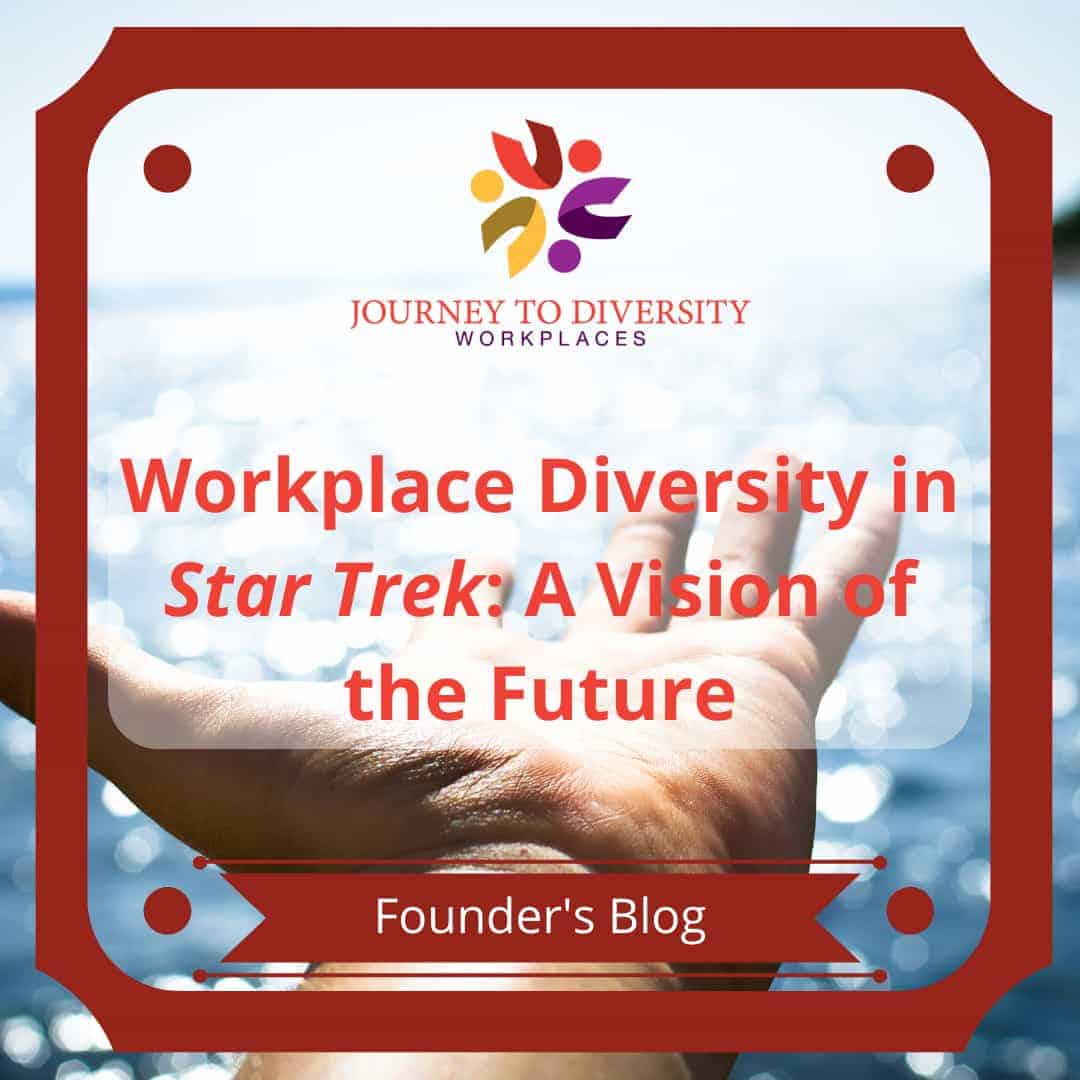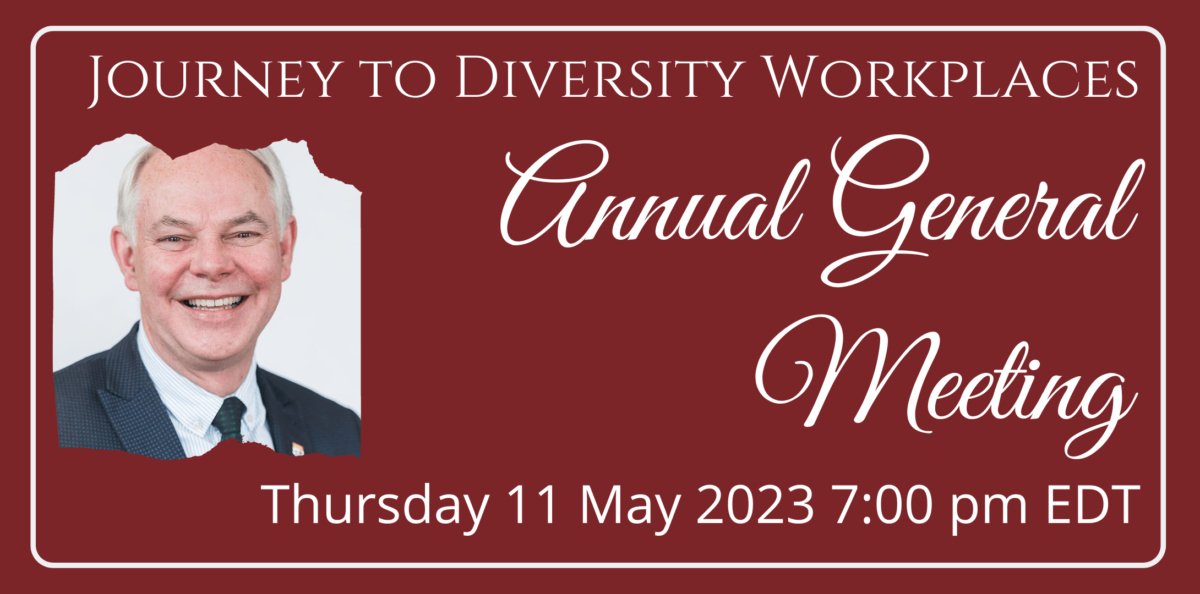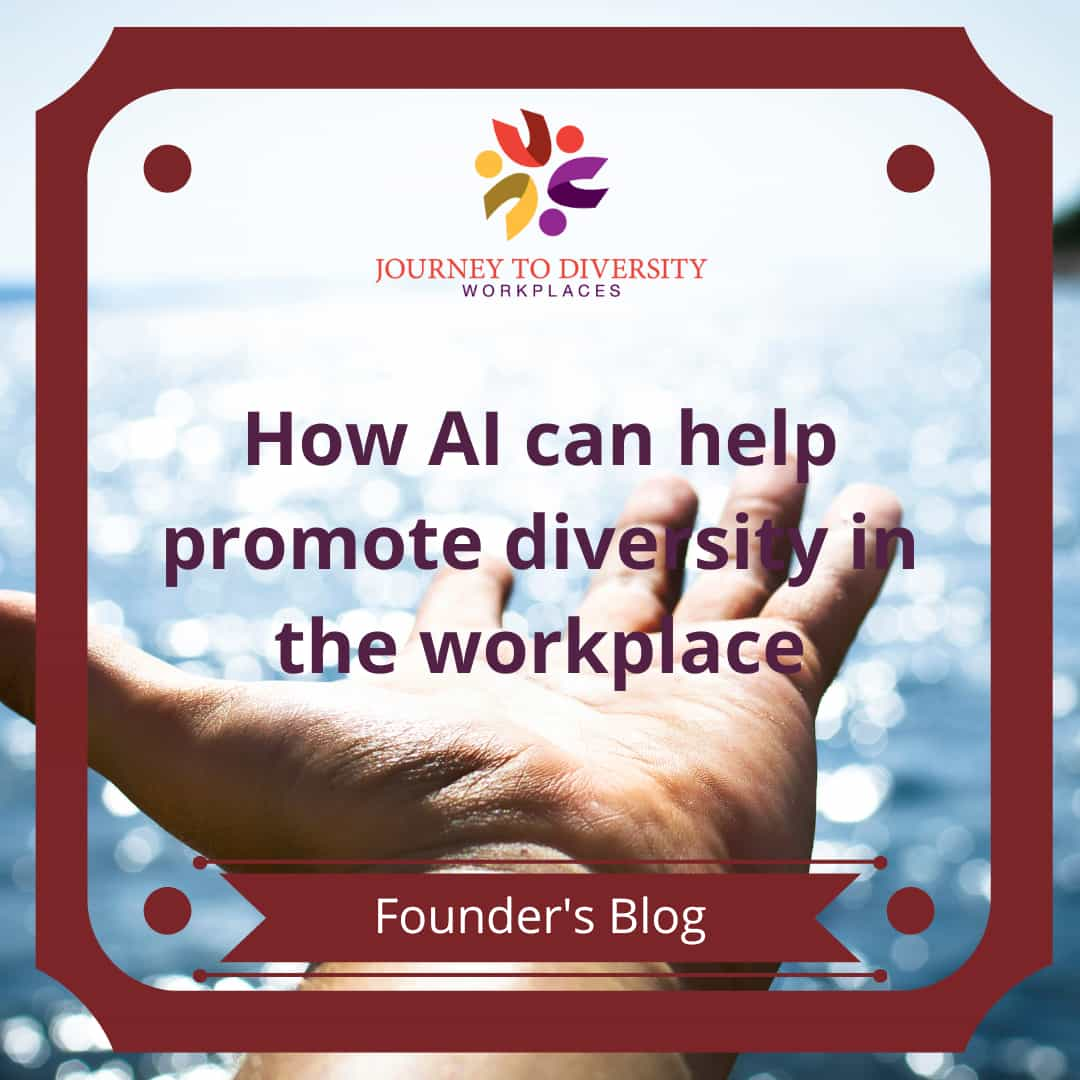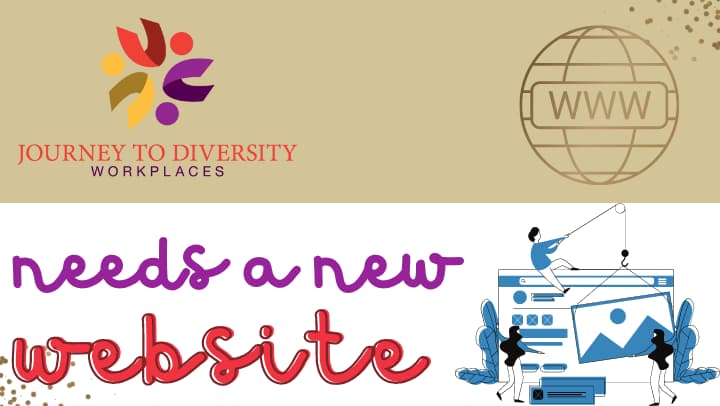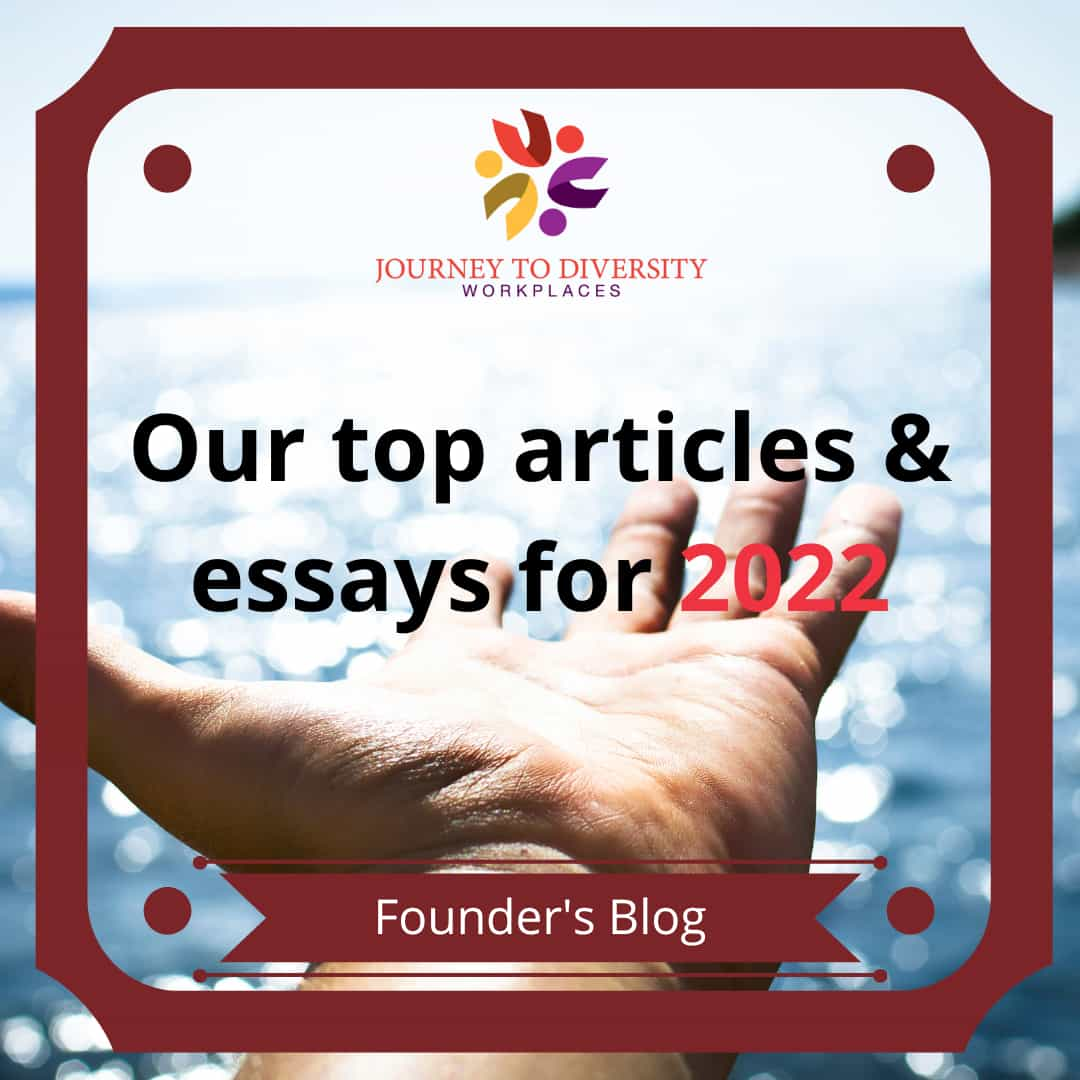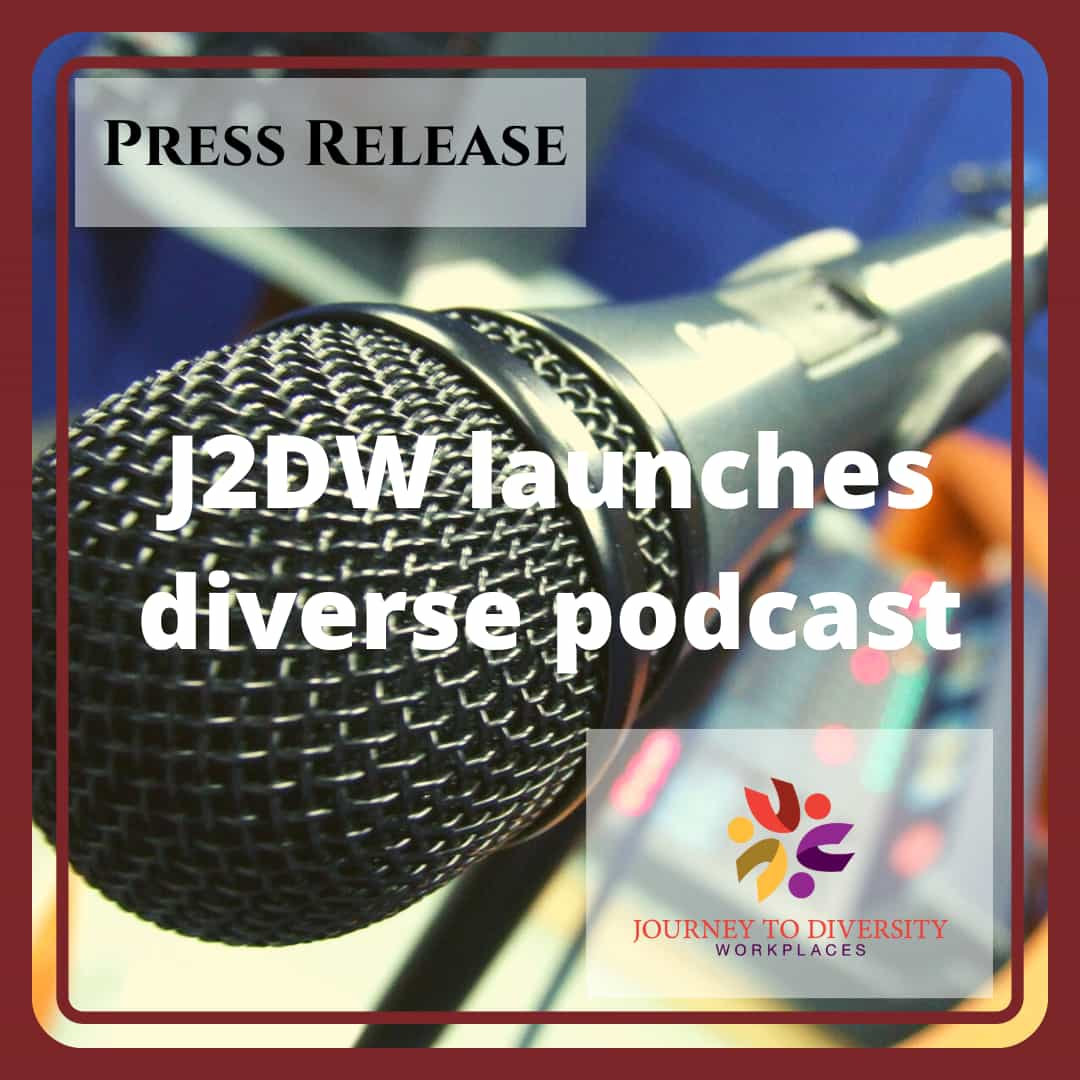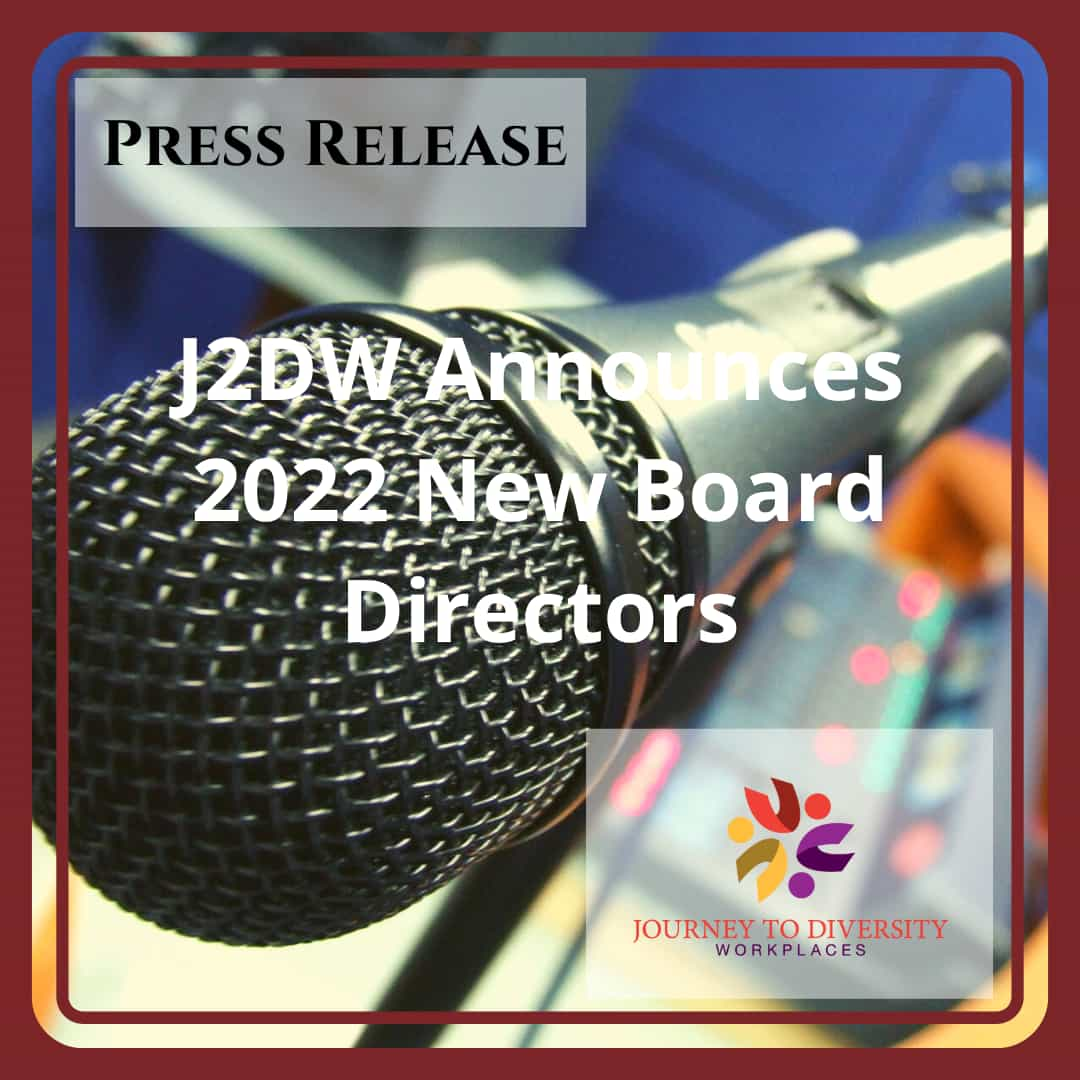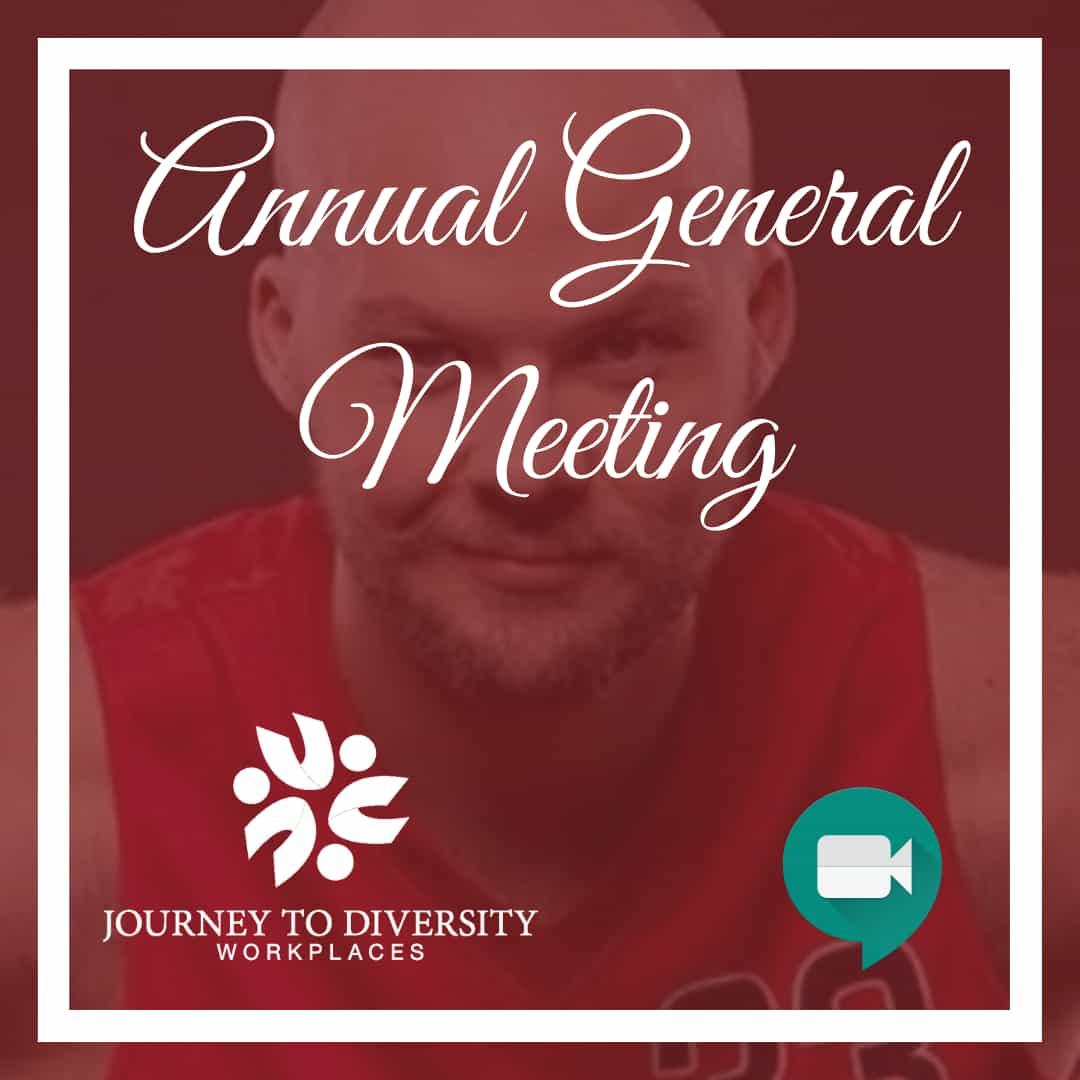Star Trek is a science fiction franchise that depicts the adventures of various starships and their crews in the 23rd and 24th centuries. The series is known for its optimistic vision of the future, where humanity has overcome its internal conflicts and joined forces with other alien civilizations to explore the galaxy and seek out new life and new civilizations.
One of the most notable aspects of Star Trek is its portrayal of workplace diversity, both on and off screen. The series has been praised for its inclusion of characters from different races, cultures, genders, and backgrounds, as well as its representation of social issues such as racism, sexism, discrimination, and prejudice. Star Trek has also inspired many people from marginalized groups to pursue careers in science, technology, engineering, and mathematics (STEM), as well as in leadership and diplomacy.
The original Star Trek series, which aired from 1966 to 1969, featured a diverse cast of characters, including a Japanese-American helmsman (Sulu), an African-American communications officer (Uhura), a Russian navigator (Chekov), and a half-human, half-Vulcan science officer (Spock). The series also featured the first interracial kiss on American television between Uhura and Captain Kirk1. The creator of Star Trek, Gene Roddenberry, believed in an idea he termed as IDIC, or “infinite diversity in infinite combinations”, which celebrates the diversity of the universe and the potential for harmony among different beings2.
The subsequent Star Trek series continued to expand on the theme of diversity, introducing more characters from different species, such as a Klingon security officer (Worf), a Betazoid counselor (Troi), a Trill science officer (Dax), a Bajoran first officer (Kira), a holographic doctor (The Doctor), and an android second officer (Data). The series also explored the challenges and benefits of working with diverse teams, such as cultural misunderstandings, ethical dilemmas, interpersonal conflicts, and creative solutions. For example, in the episode “Darmok”, Picard and an alien captain have to overcome their language barrier by using metaphors and stories3. In the episode “The Measure of a Man”, Data has to defend his rights as a sentient being against a Starfleet scientist who wants to dismantle him4.
Star Trek also addressed the issues of diversity in society at large, such as the struggles of minority groups, the dangers of intolerance and bigotry, and the importance of respect and cooperation. For example, in the episode “Let That Be Your Last Battlefield”, Kirk and his crew encounter two aliens who are at war with each other because of their skin color. In the episode “The Outcast”, Riker falls in love with a member of a genderless species who faces persecution for identifying as female.
Star Trek provides lasting lessons on diversity that are relevant for today’s world. The series shows that diversity is not only a reality, but also a strength that can enrich our lives and our work. By embracing diversity, we can learn from each other, grow together, and achieve greater things. As Spock once said, “Infinite diversity in infinite combinations… symbolizing the elements that create truth and beauty.”
This article was written by volunteer J2DW CEO Peter V. Tretter

